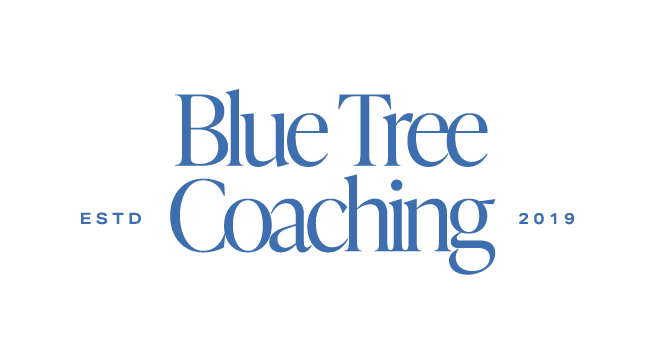CATEGORIES
There are a lot of talks out there about how all or nothing thinking leads to great results, the emphasis being on “all,” of course. Go all in; work hard, play hard; balls to the wall; pedal to the metal. These aphorisms are woven into our culture in so many ways, making sense, coming as most of us do from a Puritanical hard work ethos.
Listen: I love and believe in hard work.
I’m not a half a*s kind of person. But, in many ways, this has served me really, really well. Good grades, great schools, fancy law firms, and many professional opportunities. And I’ve also suffered a lot when I’ve gone too far into my version of black and white thinking.
I know there is a fine line between working hard and black and white, all or nothing thinking. But, unfortunately, this is something I’ve seen a lot of my one-on-one coaching clients get tripped up on as of late. And I still get tripped up on it sometimes too.
Reframe Your Thoughts
The truth is that much of life is in the gray. Unfortunately, the answers we seek are often of the Goldilocks porridge example (not too hot, not too cold, just right).
Yes, we should work hard to be the best we can be at our craft (whether that’s lawyering, coaching, building fences, parenting, whatever). And also, we can approach our lives work from a place of sufficiency, not lack.
No, it doesn’t need to be 12 hours of “productive” work on a given day for us to feel good enough or worthy. Nor do we need to run 5 miles before we can pat ourselves on the back for moving our bodies.
The irony, of course, is that when we loosen up our mental grip on ourselves and our “shoulds,” we can move far closer to our goals than we can when it’s all or nothing.
Consistency over time yields results. That is simply true. But it can be taken way, way out of context.
That does not mean:
- Miss a day of working out, and you suck,
- Have an extra cocktail or scoop of ice cream, and you have no self-control,
- Forget to do something you planned to do, and you should have no self-trust.
We have to go easy on ourselves while at the same time not blowing ourselves and our dreams off.
How can we tell the difference? By asking ourselves these questions: “Have I fallen into all or nothing at all thinking?” “Is it serving me?” And by being honest with our answers and assessing our goals regularly.
How You Change
My favorite way to discern whether we’ve fallen into unhelpful all or nothing thinking or whether we’re simply holding ourselves accountable is (drum roll please): to get an extra pair of eyes and ears on what’s happening.
Talk to a trusted friend who can be objective and help you see potential mental blind spots. Better yet, hire a life coach. We’re not paid-for friends. Instead, we’re skilled and well-trained experts who can help you manage your mind in a way that moves you forward, with compassion and understanding, and proven tools that help us see our mental blind spots while we clear them away.
Blue Tree Book Rec:
Effortless by Greg McKeown. This brilliant book challenges the notion that relentless work is the only way to achieve success. In it, McKeown offers practical tips and advice on how to move the most important balls forward without burnout and over-hustle.
P.S. You know I’m a life coach, right? So lemme know if you want to chat and see if coaching could be the thing that changes your mental patterns forever.

